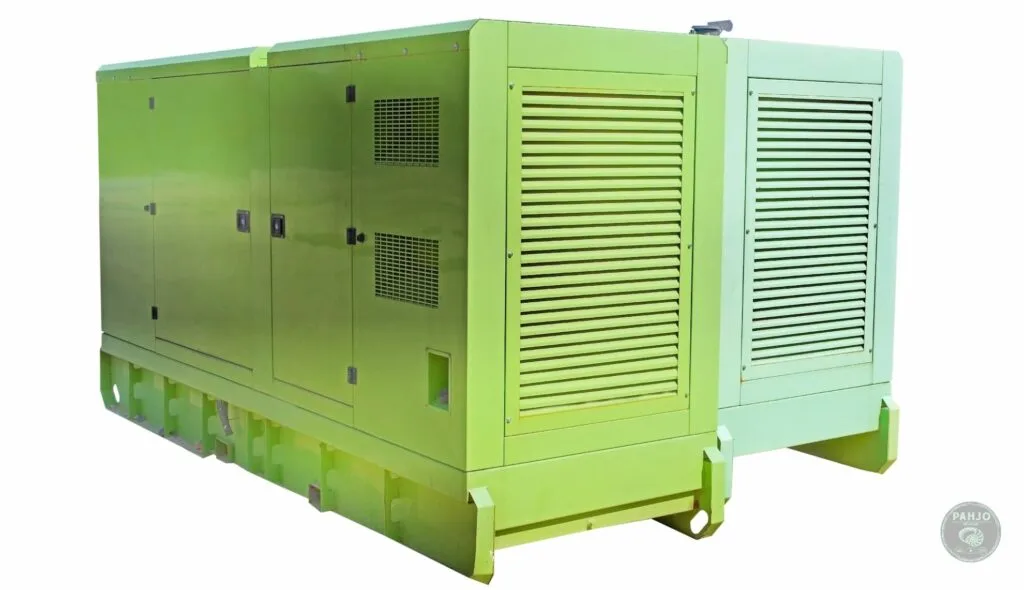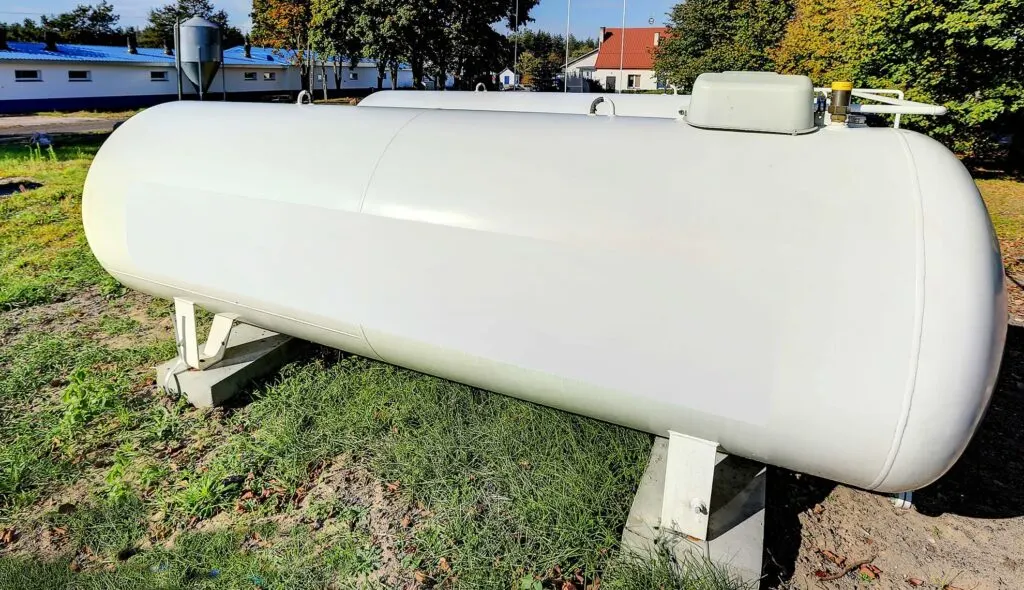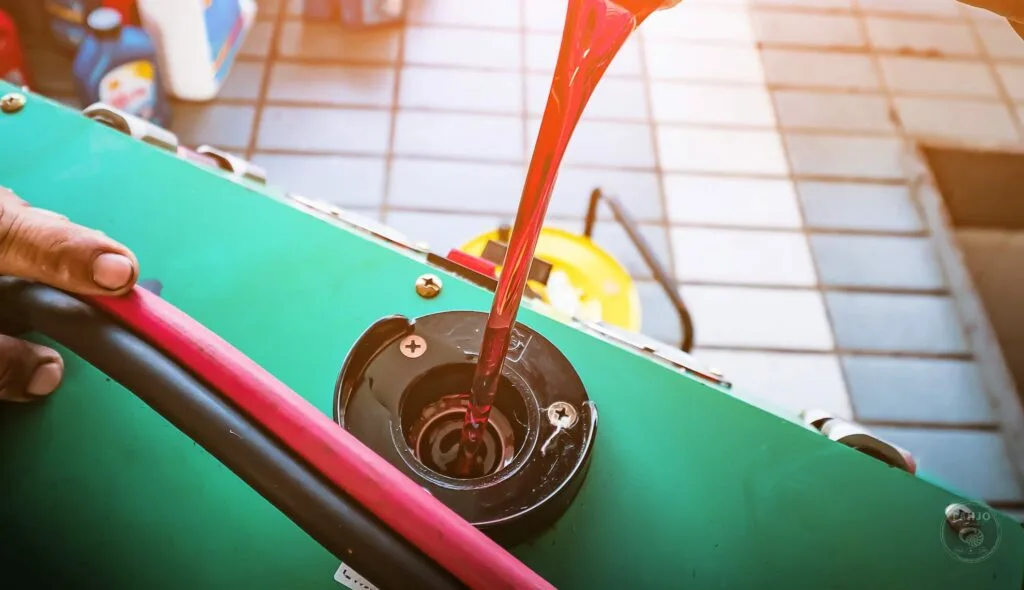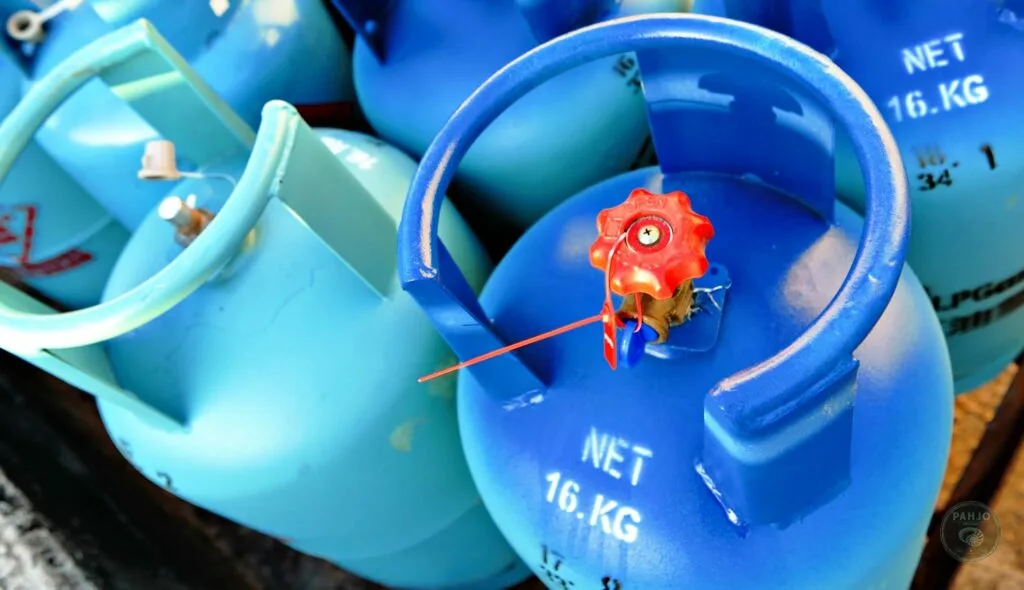Have you ever wondered how long can a backup generator run nonstop? In this article, learn about the factors that affect the runtime of generators such as the type of fuel, generator type, and regular maintenance.
Whether you’re considering a portable generator for occasional use or a whole-house generator for long power outages, this article provides you with answers you need to know.
How Long Can a Generac Generator Run Non Stop?
A generac generator provides up to 500 hours of continuous run time and 3,000 total hours of use.
Keep in mind, manufacturers recommend to turn off the generator after 500 hours of continuous run time to give it time to cool off.
Of course, fuel source, maintenance history, and hours of use influence the standby generator run time.
How Long Can a Portable Generator Run Continuously?
Gasoline portable generators run continuously for roughly 6 to 12 hours.
Propane portable generators run nonstop for roughly 100 to 175 hours.
Types of Generators
Generator manufacturers, such as Generac, offer various types of generators to suit different needs.
The type of generator you choose directly impacts how long a generac generator can run non-stop.
The two main types of generators are portable generators and standby generators.
Portable Generators

Portable generators offer a temporary and versatile backup power source for electrical appliances during power outages.
They typically run on gasoline or propane and are ideal for shorter periods of operation.
Depending on the size of the generator and the amount of fuel in its tank, portable units can run anywhere from a few hours to several days.
Keep in mind, portable propane generators run for longer periods of time than a portable gasoline generator.
Standby Generators

Standby generators, also called whole house generators, provide longer periods of continuous operation.
They are connected to your home’s natural gas lines or a propane tank for a constant fuel source.
Moreover, Standby generators equipped with an automatic transfer switch provide uninterrupted backup power for a prolonged power outage.
These power outages range from days to weeks.
Industrial Generators
Industrial generators are used in commercial or industrial settings.
For example, industrial generators provide emergency power to hospitals, telecommunication facilities, and government locations.
They run continuously for extended periods and are often connected to larger fuel tanks or directly to a utility company.
Essentially, the utility companies offer external fuel sources to ensure many hours of operation for an extended outage.
In fact, some industrial generators have a 500-gallon tank or larger.
Key Factors that Affect Generator Run time
Several crucial factors influence the running time of a backup generator.
Brand of the Generator
Different generator brands offer different efficiency rates and features. A Generac or a Kohler Generator are well-known for their high-quality generators that can run for a long time.
To determine the best option for your situation, read reviews and the specifications of the best home generators for power outages.
Fuel Type
The type of fuel your generator uses plays a significant role in determining how long it can run.
Generac generators are available in various fuel options including natural gas, propane, diesel, and gasoline generators.
Diesel generators tend to have longer runtimes due to the higher energy density of diesel fuel.
Generator Size

The size of your Generac generator determines continuous runtime.
Larger generators have a larger fuel tank capacity. Therefore, these generator more power for an extended period.
Choosing the right size generator for your needs is essential for optimal runtime.
Regular Maintenance
Proper and regular maintenance is a key factor in ensuring that your Generac generator runs smoothly and efficiently.
Routine tasks like oil changes, checking oil levels, and replacing oil filters can significantly impact the generator’s longevity and performance.
Generator Load
Efficiently managing the electrical load on your generator shortens or extends runtime.
Consider prioritizing the number of appliances and turning off non-essential ones during an outage to conserve the amount of power.
Environmental Factors
Environmental conditions, such as temperature and altitude, directly impacts a generator’s performance and fuel consumption.
Generators may consume more fuel in extreme cold or at high altitudes.
Fuel Consumption Rate
Each generator model has a specified fuel consumption rate, usually measured in gallons or liters per hour.
Understanding this rate helps estimate the generator’s runtime based on the amount of fuel available.
Automatic Transfer Switch
Generac standby generators are typically equipped with automatic transfer switches, which seamlessly switch between utility power and generator power.
Ultimately, this ensures a continuous power supply during an outage without manual intervention.
Generator Automatic Transfer Switch Warning
While an automatic transfer switch provides a convenient mechanism to switch between utility power and generator power, it should be disabled during a mandatory evacuation.
You may not be able to return home for days, weeks, or even months after a mandatory evacuation.
If the automatic transfer switch is not disabled, the generator will run the entire time.
Ultimately, this may damage the generator and attract unwanted guests searching for a more comfortable environment.
Proper Maintenance
Regardless of the kind of generator you use, properly maintained home generators run for long periods of time.
For instance, Generac’s 22 kW models natural gas generator is known to run non stop for up to 3,000 hours or 125 days.
The best way to make the most of your generator’s engine, consider these periodic generator maintenance tips:
Maintenance Routine

Schedule routine maintenance to keep your generator in top shape.
- Check Oil Level
- Oil Change: On a whole house generator, change the oil every 200 hours or every two years, whichever comes first.
- Oil Filter: Replace the oil filter at this time as well.This should be done
- Air Filter: Replace the air filter every other oil change.
- Spark Plugs: Inspect the spark plug after each use and change if necessary.

A properly maintained generator reduces noise level and ensures the generator will run for a long period of time during an extended power outage.
Proper Fuel Storage

Whether your back-up home generator is a propane-powered generator, a gas-powered generator, it’s a good idea to inspect the tank on a regular basis.
Load Shedding
Install a load-shedding device to automatically manage the electrical load during an outage.
This manages the power output to ensure your air conditioner or electrical devices don’t consume too much power.
Generator Size
Choose the right generator size that adequately meets your power needs.
An oversized generator may consume more fuel than necessary.
Fuel Service Provider

Establish a relationship with a reliable gas supply company to ensure you have a full tank or a constant supply of fuel during extended outages and emergency situations.
Conclusion
In conclusion, the amount of time a backup generator can run non-stop depends on various factors, including the type of generator, fuel source, maintenance practices, and load management.
Generac offers a range of reliable backup power solutions, whether you need a portable generator for occasional use or a standby generator for long outages.
By choosing the right generator, performing regular maintenance, and managing your power needs efficiently you gain peace of mind that your backup generator provides the backup power you need when it matters most.
Related Posts:
- What Size Generator To Run a Freezer?
- How Often to Change Generator Oil?
- Best Home Generators for Power Outages
- How To Hide a Whole House Generator
How do I calculate the required backup generator runtime for my home or business?
To calculate the required backup generator runtime, make a list of the essential appliances and systems you want to power during an outage.
Next, determine the combined power consumption in kilowatts (kW) per hour.
Then, consider the fuel capacity of your generator and its fuel consumption rate.
Finally, divide the generator’s fuel capacity by its fuel consumption rate to estimate the runtime.
Can I extend the backup generator runtime during a prolonged outage?
Yes, you can extend the backup generator runtime by conserving power to only essential appliances, periodic maintenance of the generator to optimize fuel efficiency, and storing extra fuel.
Also, consider a transfer switch to alternate between multiple fuel sources.
What are the common fuel options for backup generators?
Common fuel options for backup generators include diesel, natural gas, propane, and gasoline.
How does generator fuel type affect runtime?
The choice of fuel significantly affects the length of time a generator runs continuously.
Diesel and propane generators often have longer runtimes compared to natural gas or gasoline generators due to their higher energy density.
However, the availability of fuel in your area and the generator’s fuel efficiency also play a crucial role in determining runtime.
